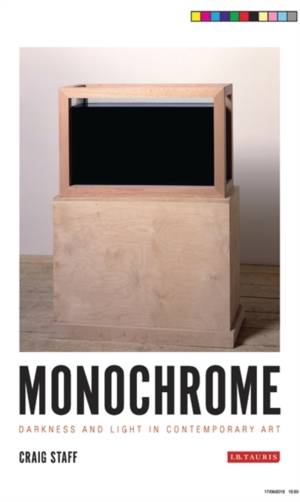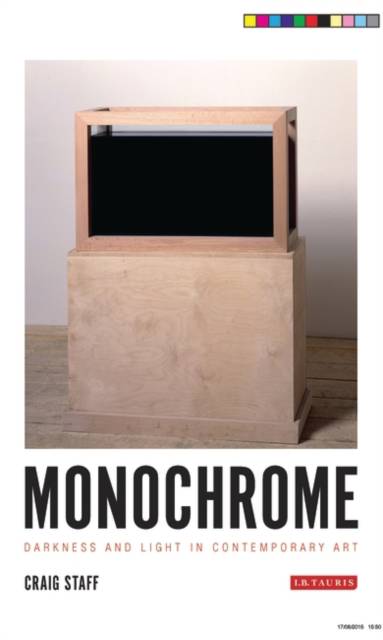
- Afhalen na 1 uur in een winkel met voorraad
- Gratis thuislevering in België vanaf € 30
- Ruim aanbod met 7 miljoen producten
- Afhalen na 1 uur in een winkel met voorraad
- Gratis thuislevering in België vanaf € 30
- Ruim aanbod met 7 miljoen producten
Omschrijving
The monochrome - a single colour of paint applied over the entirety of a canvas - remains one of the more contentious modernist artistic inventions. But whilst the manufacture of these 'pictures of nothing' was ostensibly straightforward, their subsequent theorisation has been anything but. More than a history, Monochrome: Darkness and Light in Contemporary Art is the first account of the monochrome's lively role in contemporary art. Liberated from the burden of representation, the monochrome first stood for emancipation: an ideological and artistic impulse that characterised the avant-garde of the early twentieth century. Historically, the monochrome embodied the most extreme form of abstraction and pure materiality. Yet more recently, adaptations of the art form have focused on a broader range of cultural and interpretive contexts. Provocative, innovative and timely, this book argues that the latest artistic strategies go beyond stylistic concerns and instead seek to re-engage with ideas around authorship, process and the conditions of the visible as they are given and understood through both light and darkness.
Discussing works by artists such as Katie Paterson, Hiroshi Sugimoto, Tom Friedman, Bruno Jakob, Sherrie Levine and Ceal Floyer, the book shows that the debates around an artwork's form and its possibility for meaning that the monochrome first engendered remain very much alive in contemporary visual culture.
Specificaties
Betrokkenen
- Auteur(s):
- Uitgeverij:
Inhoud
- Aantal bladzijden:
- 208
- Taal:
- Engels
- Reeks:
Eigenschappen
- Productcode (EAN):
- 9781784530488
- Verschijningsdatum:
- 30/09/2015
- Uitvoering:
- Hardcover
- Formaat:
- Genaaid
- Afmetingen:
- 157 mm x 234 mm
- Gewicht:
- 544 g

Alleen bij Standaard Boekhandel
Beoordelingen
We publiceren alleen reviews die voldoen aan de voorwaarden voor reviews. Bekijk onze voorwaarden voor reviews.











